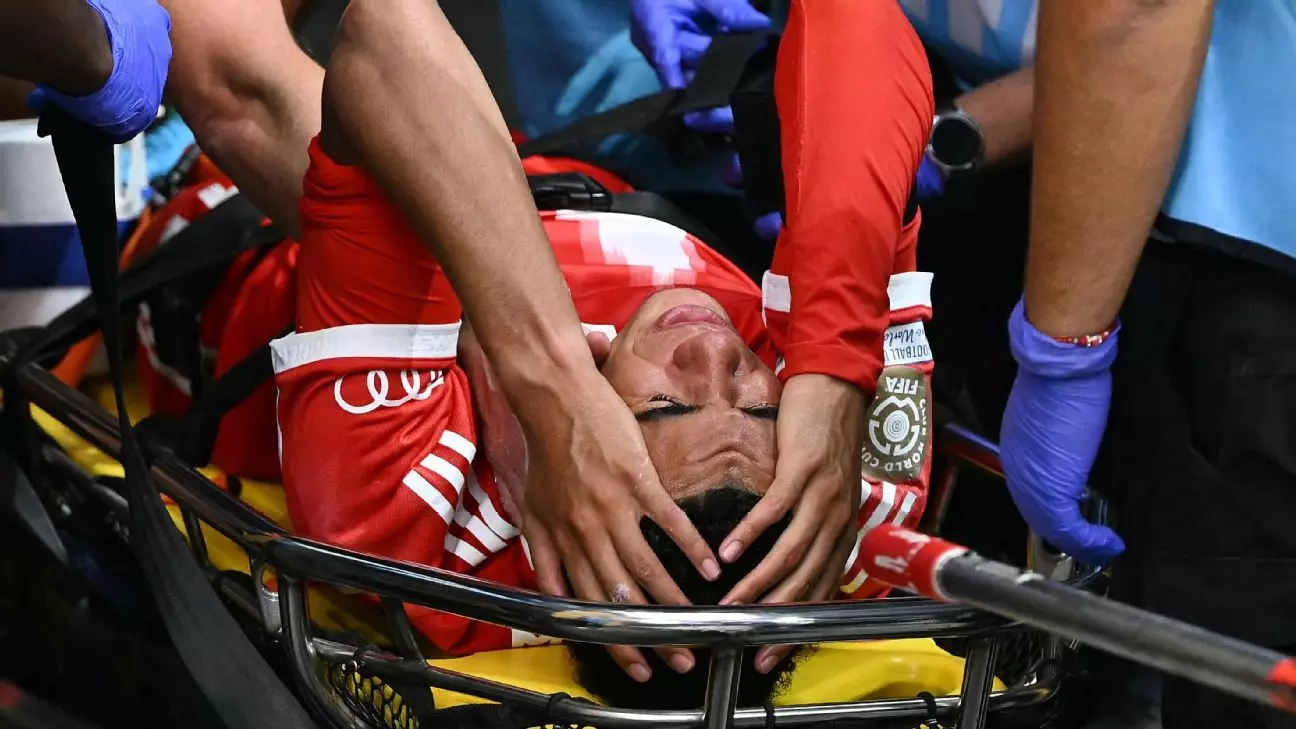Since its inception in 2002, Germany’s Bundesliga has embraced the tradition of kicking off its season with a flagship fixture—das Eröffnungsspiel—that has historically showcased the reigning champions on their home turf. This fixture, often regarded as the season’s grand curtain-raiser, embodies more than mere symbolism; it reflects Bayern Munich’s enduring dominance and their desire to set the tone early. Yet, over the years, this tradition has subtly shifted, breaking from the comfort of familiarity by occasionally sending the champion away or staging it at neutral venues. Such deviations hint at a league eager to innovate, broaden its appeal, and elevate each season’s opening as a spectacle of grandeur.
This year, Bayern Munich, the record champions, reclaim their home advantage at the Allianz Arena—a stronghold that remains the fortress of their domestic supremacy. The anticipation isn’t just about securing the first points but about reasserting Bayern’s commanding presence and confidence under their new coach Vincent Kompany. The event promises a blend of footballing tradition and Bavarian festivity, with 75,000 spectators immersed in a prelude of beer, Sausages, and the Oktoberfest spirit. This moment also symbolizes Bayern’s resilience and their unyielding pursuit of excellence, even as the club navigates the complex realities of modern football—high expectations, intense scrutiny, and the constant pressure to deliver.
The New Coach, New Aspirations: Ambitions and Underlying Tensions
Vincent Kompany’s ascension to Bayern helm stands out. An outsider who faced initial doubts, he has nevertheless impressed with his vision, language skills, and leadership qualities. After a season marked by a narrow Bundesliga title and a semi-successful European campaign, expectations for a more dominant Bayern are high. The team’s playing style under Kompany—possession, aggressive pressing, and a modern approach—has won approval among fans, but it has yet to consistently translate into flawless execution. Early technical lapses, especially in European clashes, reveal vulnerabilities that could be exploited by any top opponent.
Despite visible progress, internal pressures simmer beneath the surface. Sporting director Max Eberl, a figure under constant scrutiny, has the monumental task of balancing short-term results with long-term vision. The shadow of Bayern’s legendary history and Uli Hoeneß’s influential presence looms large. Eberl’s recent focus on contract extensions and strategic signings demonstrates a pragmatic, if sometimes contentious, effort to shape a squad capable of sustaining Bayern’s dominance. Yet, the departure of aging stars like Leroy Sané and Kingsley Coman underscores the club’s push to refresh but also questions about the squad’s depth and agility.
The Challenges of Transition: Squad Dynamics and Strategic Dilemmas
One of the most pressing challenges Bayern faces is the delicate art of squad restructuring amid a high-stakes competitive environment. The acquisition of Luis Díaz, a proven offensive weapon, has been heralded as a statement of intent, but it also underscores the club’s reliance on short-term solutions. The departure of veteran attackers, along with the injury-related absence of Jamal Musiala, leaves a void—an opening for younger players like Serge Gnabry and the promising Lennart Karl. However, the club’s patience for youth development appears cautious, as evidenced by limited minutes for the latter in crucial fixtures.
The squad’s apparent size reduction, as highlighted by star striker Harry Kane, further complicates matters. Being “smaller” than before leaves Kompany in a tough spot, especially with key creative assets missing and the tactical shift requiring more from a less experienced supporting cast. Imagine a Bayern team missing Musiala—arguably their most inventive player—and relying on transient options like Guerreiro or Goretzka to fill creative gaps. This exposes the fragile nature of the current rebuild, exposing fears of over-reliance on occasional brilliance rather than sustainable team rhythm.
Turning Youth and Strategy into Long-Term Success
The Bayern campus and the club’s youth philosophy remain critical to their future outlook. Kompany’s acknowledgment of patience signals a recognition that results may not come overnight, especially with the integration of emerging talents like Lennart Karl. Meanwhile, discussions about signings such as Christopher Nkunku and Jonathan Tah reveal a strategic intent not just to patch immediate gaps but to establish a more resilient core.
Focusing on youth isn’t just a sentimental nod to tradition; it’s a necessity in an era where squad stability is increasingly vital. For Bayern to sustain their hegemonic streak, they need more than big-name signings—they require a cohesive system that elevates young players into consistent contributors. The club’s investment in rising talents and a pragmatic approach to transfers could be the bedrock of their renaissance, provided they manage expectations and resist the short-term temptations that often derail long-term planning.
Bayern Munich’s upcoming campaign is poised at a crossroads—anchored in their storied legacy but challenged by the shifting sands of modern football. Their ambition to assert supremacy domestically while contending meaningfully in Europe demands a delicate balancing act: nurturing youth, managing veteran talents, and maintaining tactical innovation. The first league game, at their fortress, symbolizes more than just three points; it’s a statement of intent and resilience. How they respond in the coming months will reveal whether Bayern’s bold strategies and relentless pursuit of greatness can truly catapult them into a new chapter of excellence—and whether Kompany can transcend the doubts to etch his own legacy in Munich’s rich football tapestry.

